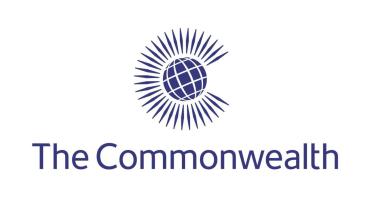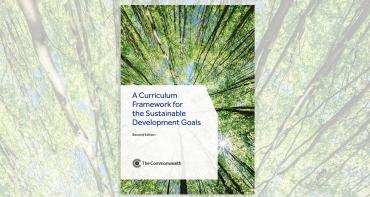Corruption damages public finances, diverting funds from vital health, education or public services. But in cases where the proceeds of corruption are identified, how can countries ensure they can be seized and eventually recovered?

Corruption damages public finances, diverting funds from health, education or other vital public services. But in cases where the proceeds of corruption are identified, how can countries ensure they can be seized and eventually recovered?
In Nigeria this week the Commonwealth Secretariat is partnering with the Presidential Advisory Committee Against Corruption to support anti-corruption enforcement officials and the judiciary in their efforts to recover the proceeds of graft and bring perpetrators to justice.
Opening the first of two high-level workshops in Abuja, President Muhammadu Buhari described corruption as a “global phenomenon” adding that it is “one of the main obstacles to peace, stability, sustainable development, democracy, and human rights”.
Clamping down on corruption rests not only on well-functioning, preventive systems, but also an effective sanctions and enforcement regime, he said. “A corruption free Nigeria is possible, therefore let every arm of government be the change we want to see.”
From 20 to 22 July 2016, the National Stakeholders Meeting on the ‘Recovery and Management of Recovered Assets’ brings together representatives of law enforcement agencies, prosecutors and policy makers as well as civil society organisations and professional bodies, to examine the best approaches to recover and manage the proceeds of crime, based on international standards and Nigeria’s legislative framework.
Participants are seeking policy solutions to overcome challenges including the lack of technical capacity to trace and investigate stolen assets, the complexity of international co-operation in criminal matters, and the lack of co-ordination between agencies. The workshop focuses on the three phases of recovery and management of assets, for example the initial freezing of the property, its on-going management – how can it be preserved pending a forfeiture hearing – and final disposition.
Katalaina Sapolu, Director of Rule of Law at the Commonwealth Secretariat, said the initiative would help Nigeria to develop a framework for managing recovered assets. "The aim is to ensure that the victims of corruption recover, as far possible, the value of assets that were stolen from them. Depriving criminals of the benefits of illicit assets can also be a powerful deterrent for corrupt conduct."
Nigeria is already party to the United Nations Convention Against Corruption (UNCAC), which provides for the return of stolen assets and places obligations on countries to cooperate and take measures to restrain, seize, confiscate, and return the proceeds of corruption.
1515_TCTC_03_Botswana Film_Short Cut_D5_12th July 2016
Last year, Nigeria passed the Administration of Criminal Justice Act (ACJA) 2015, which aims at reducing delays in the court system especially in high profile corruption cases. Reforms cover assets freezing, remand orders, and plea bargaining, among other measures.
Earlier in the week, from 18 to 19 July, a workshop on the ‘Role of the Judges in the Fight Against Corruption’, supported appellate court judges to better understand and implement the new legislation. Organised in partnership with the National Judicial Institute and the United Nations Office on Drugs and Crime (UNODC), both workshops were convened in response to a request from the Government of Nigeria.
The request followed a landmark anti-corruption conference hosted by Commonwealth Secretary-General Patricia Scotland at the Commonwealth Secretariat, Tackling Corruption Together, at Marlborough House on 11 May 2016, at which President Buhari was the keynote speaker.
In his speech, President Buhari underscored the importance of a fair and efficient judiciary as key to his government's anti-corruption initiatives, saying that a “well-functioning criminal justice system is imperative to address corruption effectively”.
Read President Buhari's speech


